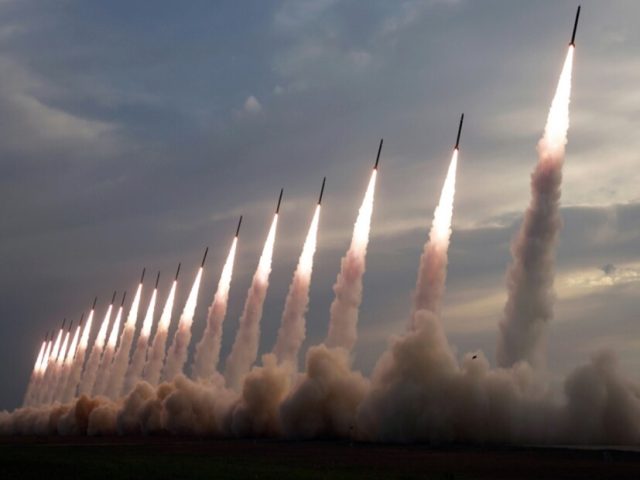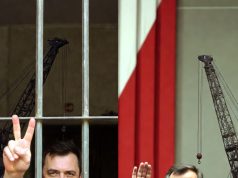International Desk:
In a swift and calculated response to an unexpected U.S. strike, Iran has launched a retaliatory attack targeting a strategic Israeli military base. Explosions rocked Tel Aviv and surrounding areas, as analysts described Iran’s counterattack as a “trump card”—not merely a military response, but also a powerful political message. The incident has activated Israel’s full-scale defense posture and raised global fears of an all-out war.
Iran directly fired its first salvo of ballistic missiles toward Israel in the early hours of Sunday, targeting several military bases. The intensity of the attack shook areas like Tel Aviv and Haifa, where multiple explosions were heard. Iran’s Islamic Revolutionary Guard Corps (IRGC) described the operation as a “defensive retaliation” in response to aggression on Iranian soil. In a statement, the IRGC said, “We have shown a rightful reaction to the incursion on our territory. This attack is just the beginning—more severe responses may follow if necessary.”
Israel, meanwhile, reported that although its Iron Dome air defense system intercepted several missiles, some managed to hit their intended targets. Military readiness has been ramped up, and coordination is ongoing with the United States and other Western allies. Analysts say this is not an isolated incident but rather the beginning of a potentially devastating conflict with global ramifications.
Earlier, U.S. forces had launched airstrikes on three of Iran’s key nuclear facilities, dramatically shifting the trajectory of the West Asian conflict. In response, Iran launched more than 30 salvo ballistic missiles, according to Iranian state media. Air raid sirens were triggered across Israeli cities, and explosions were reported in Jerusalem. The Israeli army confirmed efforts to intercept the missiles and subsequently closed its airspace following the American strikes.
Israel’s emergency services, Magen David Adom (MDA), reported at least 11 people injured in the missile barrage. According to The Times of Israel, one missile struck the city of Haifa, where no prior sirens were sounded. Loud blasts were heard in multiple locations as medical teams rushed to affected areas. Citizens have been instructed to remain in bomb shelters.
Simultaneously, Iran’s Atomic Energy Organization acknowledged that U.S. airstrikes targeted its nuclear facilities, although it reported minimal damage. In a public statement, the agency said, “Despite the enemies’ conspiracies, we reassure our nation that the progress of our nuclear program, built through the efforts of thousands of revolutionary scientists and experts, will not be halted. This is a program founded in the blood of our martyrs—it will endure.”
Iran also confirmed that no radioactive leakage had occurred from its nuclear facilities, and nearby residents remained safe. The Saudi nuclear regulatory authority echoed this statement, saying no radiation was detected and there is no cause for concern.
Following the Iranian missile strikes, heightened security alerts were issued across major American cities, including New York and Washington, as fears of Iranian retaliation gripped the U.S. The NYPD stated that it is monitoring the developments in Iran. A senior official noted, “Out of an abundance of caution, we are deploying enhanced security around religious, cultural, and diplomatic sites in New York and coordinating with our federal partners.”
Iranian state media issued a chilling warning to the U.S., declaring, “This will not end here. Every American citizen and soldier in West Asia will now be in our crosshairs.”
After the U.S. strikes, Iranian leader Hossein Shariatmadari called for immediate retaliation, stating, “Now is the time to act without delay. As a first step, we must strike the U.S. naval fleet in Bahrain and simultaneously shut down the Strait of Hormuz to American, British, German, and French vessels.” Following his call, Iran launched a series of powerful strikes toward Israel.











